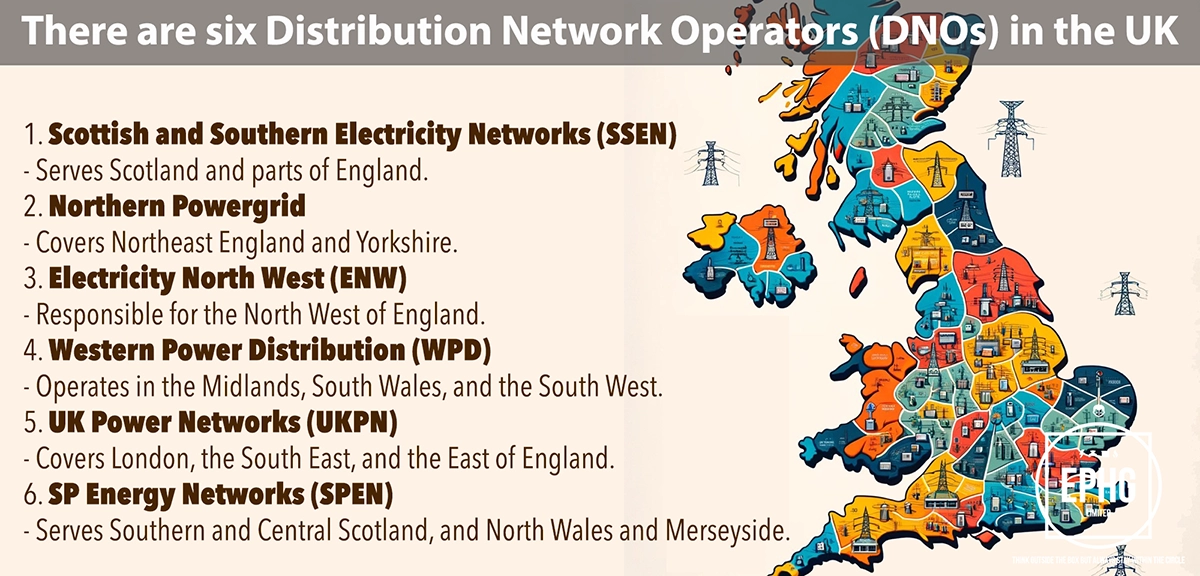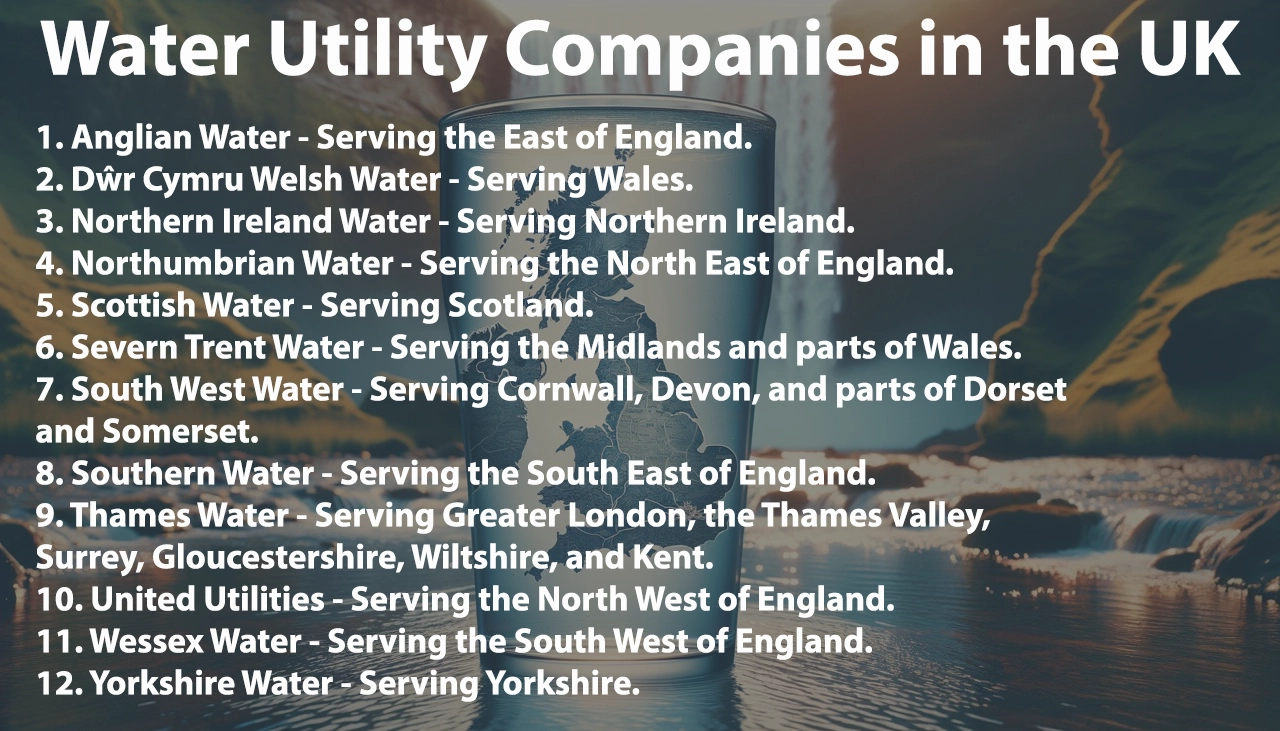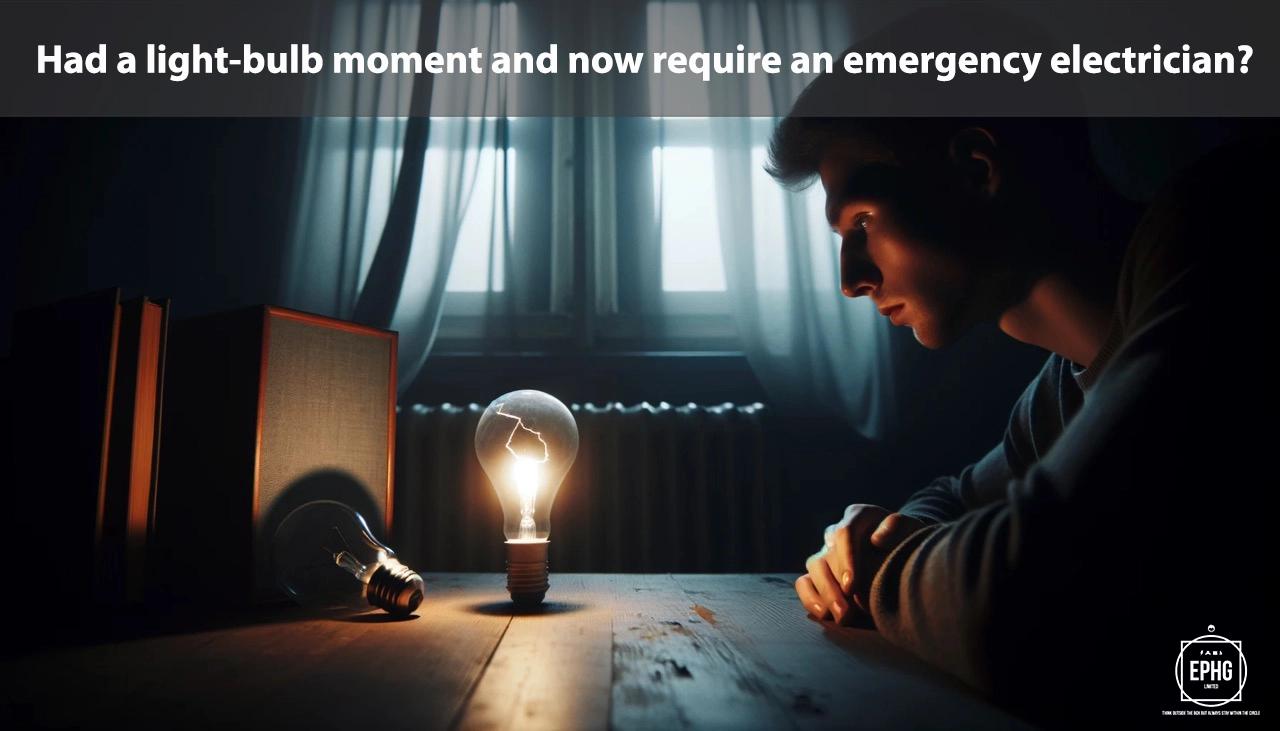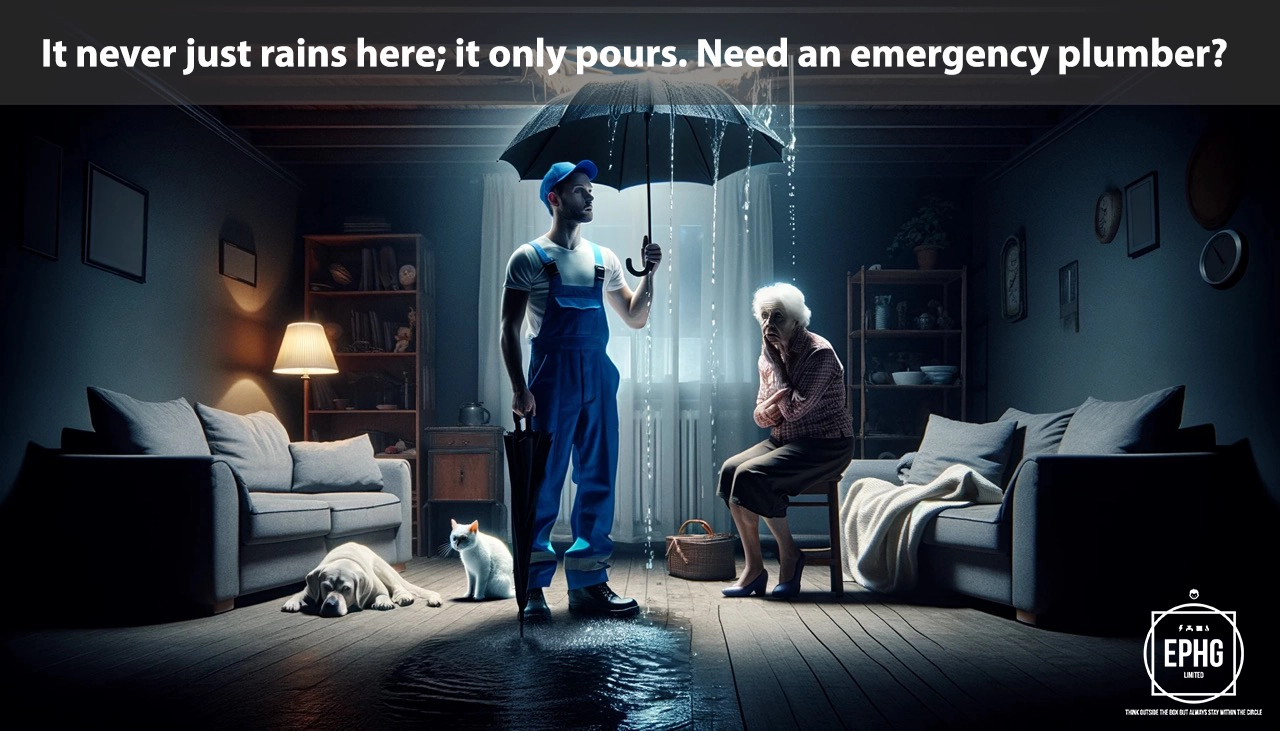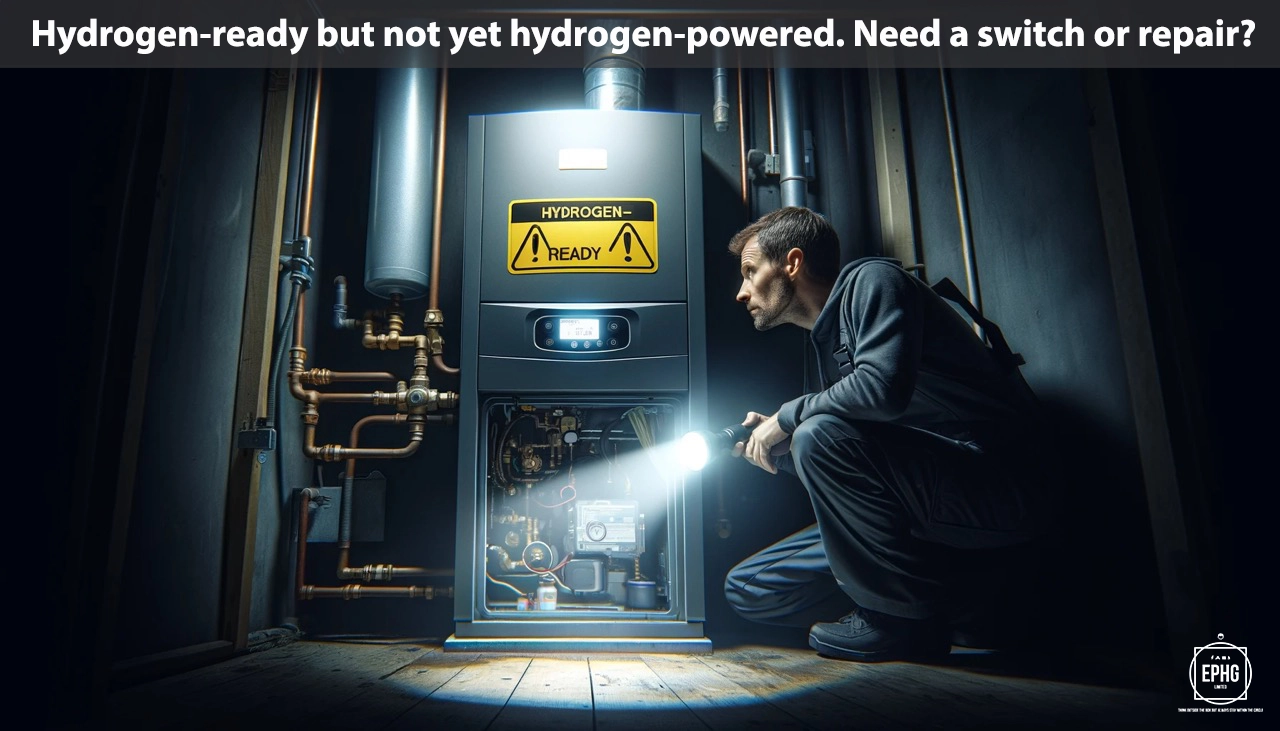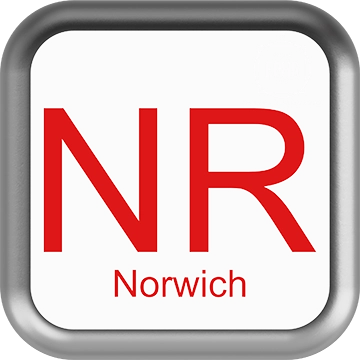
NR Postcodes for Utilities & Services in Norwich
Introduction: The NR postcode area, encompassing Norwich and its adjacent areas, offers a unique glimpse into the utilities and services that underpin daily life in this historic region. Below, we delve into aspects of water, electricity, and other utilities, shedding light on their sources, management, and impact on local communities.
Water in Norwich
Where does the water supply come from in Norwich and is there ever a shortage of water?
In Norwich, the primary water supply is sourced from the River Wensum, a vital artery weaving through the city, renowned for its clarity and quality. This, along with the River Yare, provides the region with abundant water, managed and purified by local facilities to meet consumption standards. Norwich benefits from a well-maintained water supply system, though it remains vigilant against the challenges posed by urban development and climate variations. Seasonal variances and conservation efforts ensure stability in water provision, encouraging residents to partake in wise water usage to sustain this precious resource.
What is the hardness & quality of the water in Norwich and can this affect your health?
Water in the Norwich area is predominantly soft, benefiting from its journey through the natural filtration systems of the eastern region’s aquifers. The Rivers Wensum and Yare contribute to this softness, making the water not only pleasant for daily use but also reducing the scale build-up in pipes and appliances. Norwich’s water quality is rigorously tested, adhering to high standards to ensure safety and hygiene. While soft water is considered beneficial for skin conditions and general health, Norwich residents are always advised to ensure balanced mineral intake from other sources. Local authorities and health professionals continue to monitor and guide on water-related health advice.
Electricity in Norwich
Where does the electric supply come from in Norwich and what is the future of energy there?
Norwich's electricity supply mainly comes from a combination of conventional energy sources and an increasing focus on renewable energy. The East of England, particularly around the Norfolk area, is making strides towards green energy solutions, with significant contributions from offshore wind farms and solar energy projects. Norwich is embracing these sustainable practices by incorporating renewable energy sources into its grid, supported by advancements in technology and infrastructure. The city and surrounding regions are transitioning towards a more eco-friendly energy model, with the aim of reducing carbon footprints and enhancing sustainability. This transition includes investments in renewable energy projects, promoting a cleaner, more sustainable future for energy in Norwich.
When is hydrogen coming to gas boilers in Norwich?
The introduction of hydrogen for gas boilers in Norwich aligns with the broader UK strategy to lower carbon emissions. This transition, still in the planning and experimental stages, is expected to roll out in phases over the coming years. As the city moves towards greener energy solutions, residents are advised to keep their gas boilers well-maintained while staying abreast of new energy-efficient technologies and systems. Local services in Norwich are prepared to assist with current gas boiler needs and will adapt to include hydrogen and other sustainable energy solutions as they become available. Community engagement and education on energy efficiency and sustainable living are key components of Norwich's green transition.
Where Does the Wastewater Go in Norwich?
In Norwich, wastewater management is a critical component of the city's environmental health strategy. Residential, commercial, and industrial wastewater flows into an extensive sewage system, leading to advanced treatment facilities such as the Whitlingham Wastewater Treatment Works. Here, wastewater undergoes comprehensive treatment processes to remove contaminants before being safely released back into local waterways, like the River Yare. The system ensures that Norwich's waterways remain clean and supports the broader goals of protecting the natural environment and public health. Ongoing investments and upgrades to wastewater infrastructure reflect Norwich's commitment to environmental stewardship and sustainable urban management.
Regions and Services:
The NR postcode area is rich in diversity, encompassing the vibrant city of Norwich and extending to the serene Norfolk Broads and coastal towns. Here’s an overview of the key regions:
- Norwich City: The hub of innovation and sustainability, Norwich is renowned for its extensive historical architecture and modern utility management, featuring advanced water conservation and energy solutions.
- Great Yarmouth, Lowestoft, and Cromer: Coastal towns offering a blend of traditional maritime services and burgeoning renewable energy initiatives, particularly wind energy from the North Sea.
- Wroxham and the Norfolk Broads: Iconic for their natural beauty, these areas focus on environmental sustainability and eco-tourism, influencing their approach to utilities and local services.
Each region within the NR postcode area showcases a commitment to community, heritage, and forward-thinking utility management, reflecting their unique landscapes and histories while embracing the future of energy and environmental care.
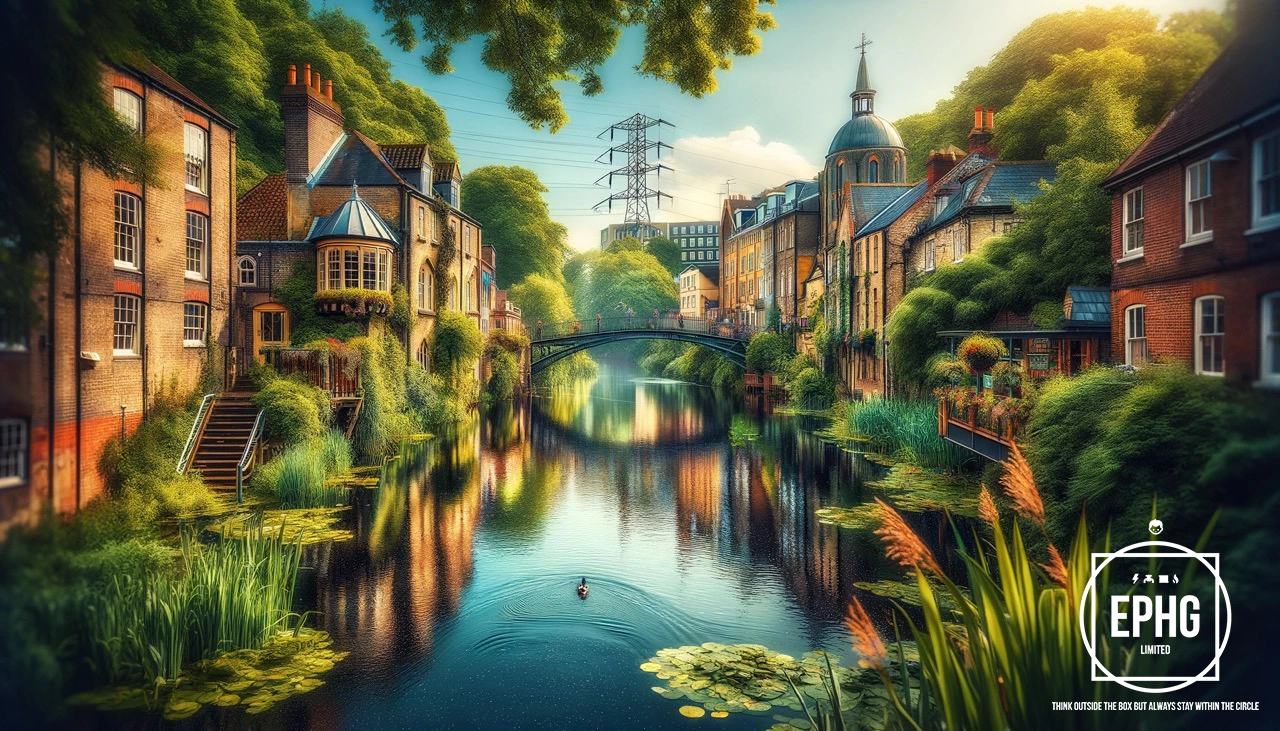
Regions within the NR Postcode
Norwich and Surrounding Areas
- NR1: Norwich city centre, Thorpe Hamlet - The heart of Norwich with historical sites, shopping districts, and the riverside area.
- NR2: Earlham, The Golden Triangle - Known for its vibrant community, local businesses, and residential areas.
- NR3: Upper Hellesdon, Mile Cross, New Catton - Suburban areas with parks, local amenities, and community hubs.
- NR4: Eaton, University of East Anglia (UEA) - Residential areas close to the UEA campus and Norwich Research Park.
- NR5: Bowthorpe, Costessey - Suburbs with a mix of housing developments and commercial zones.
- NR6: Old Catton, Sprowston, Hellesdon - Residential neighborhoods with local businesses and parks.
- NR7: Thorpe St Andrew, Heartsease - Suburbs of Norwich with riverside locations and community amenities.
Broader Norfolk Areas
- NR8: Taverham, Drayton, Ringland - Suburban and rural settings with access to Norwich.
- NR9: Hingham, Lenwade, Barford - Villages known for their historical architecture and rural charm.
- NR10: Aylsham, Reepham, Coltishall - Includes market towns and villages offering traditional Norfolk life.
- NR11: Cromer, Aldborough, Aylmerton - Coastal and countryside areas known for natural beauty and tourism.
- NR12: Wroxham, Hoveton, Stalham - In the heart of the Norfolk Broads, popular for boating and wildlife.
- NR13: Acle, Brundall, Reedham - Villages within the Broads National Park, offering scenic landscapes and water activities.
- NR14: Loddon, Poringland, Trowse - Includes rural communities and suburbs with access to both Norwich and the countryside.
- NR15: Long Stratton, Tasburgh - Primarily rural areas with close-knit communities south of Norwich.
- NR16: Attleborough, East Harling - Market towns and surrounding areas with local services and businesses.
- NR17: Watton, Thetford - Areas combining modern amenities with rich historical backgrounds.
- NR18: Wymondham, Hethersett - Historic market town Wymondham and nearby villages with a blend of tradition and modern living.
- NR19: Dereham - A bustling town with shopping, leisure facilities, and transport links.
- NR20: Dereham, Fakenham, Scarning - Surrounding Dereham, a mix of rural settings and growing residential areas.
- NR21: Fakenham, Wells-next-the-Sea - Known for traditional markets and access to the North Norfolk coast.
- NR22: Walsingham - A village famous for its religious shrines and pilgrimage history.
- NR23: Wells-next-the-Sea - Coastal town popular for its beaches, harbour, and bird watching.
- NR24: Briston, Melton Constable - Rural communities known for their tranquility and natural surroundings.
- NR25: Holt, Blakeney, Cley next the Sea - Areas with a mix of coastal charm and inland rural beauty, popular with tourists.
- NR26: Sheringham - A seaside town with cultural events and heritage railways.
- NR27: Cromer, Overstrand - Renowned for their beaches, piers, and traditional seaside entertainment.
- NR28: North Walsham - A market town with historical sites and community-focused living.
- NR29: Great Yarmouth, Martham - Part of the broader Great Yarmouth area, balancing rural and coastal life.
- NR30 - NR31: Great Yarmouth - A major tourist destination with historic quayside, beaches, and entertainment.
